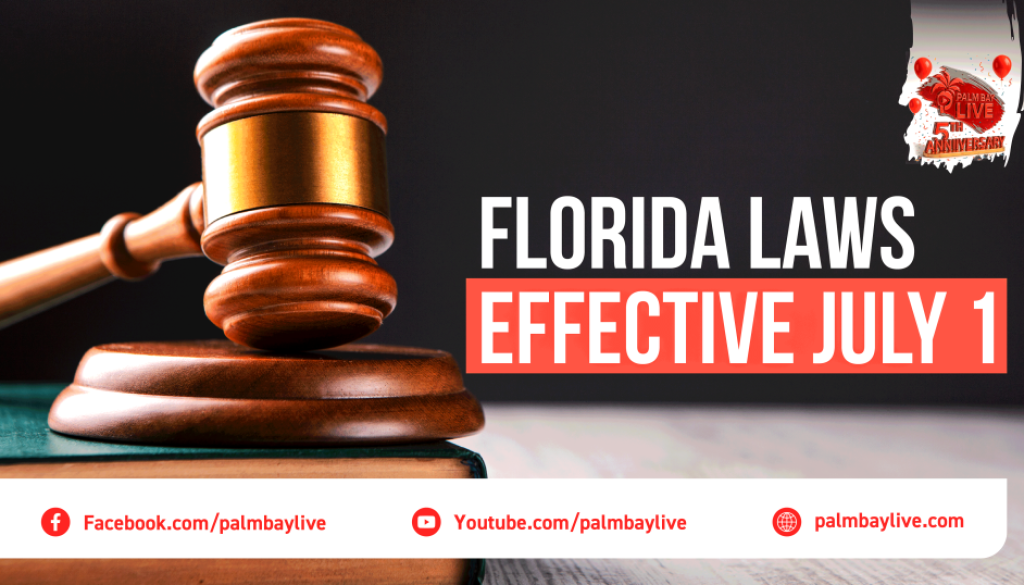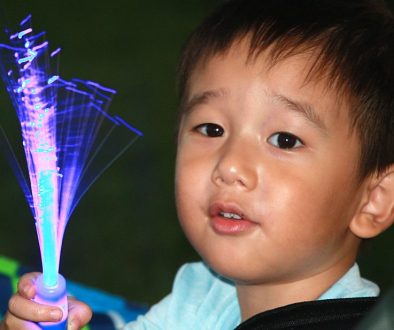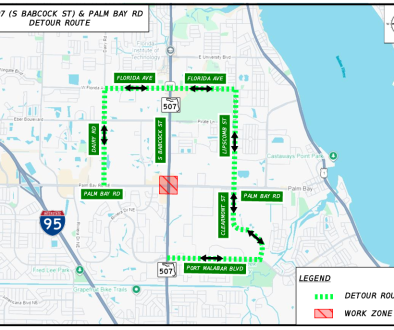Florida Laws Effective July 1
Palm Bay, Fla. — The Florida Legislature’s 2025 session, which stretched to June 16, has introduced several laws effective July 1, 2025, igniting discussions in Palm Bay. Backed by Governor Ron DeSantis and the Republican-led Legislature, these measures address firearms, school cell phone use, immigration, and more. A proposed “no touch” cell phone driving law failed to pass, leaving mixed sentiments. Here are seven key developments impacting Palm Bay.
- Firearm Purchase Age Reduction (HB 759)
House Bill 759, sponsored by Representatives Michelle Salzman (R-Cantonment) and Tyler Sirois (R-Merritt Island), seeks to lower the rifle and long gun purchase age from 21 to 18. It passed the House but stalled in the Senate, with July 1 status uncertain. Palm Bay gun shop owner Mike Torres supports it: “Eighteen-year-olds deserve gun Rights.” Brevard school safety advocate Lisa Carter counters, “It risks school safety.” If passed, local gun stores could see younger buyers.
- Cell Phone Ban Expansion in Schools (HB 949)
House Bill 949, led by Representative Demi Busatta (Coral Gables), bans cell phones for elementary and middle schoolers all day, effective July 1. A pilot program may include Palm Bay’s Bayside High. “It cuts distractions,” Busatta said. Parent Sarah Nguyen agrees, but Tom Reynolds worries about emergency access. Brevard schools are training staff to comply.
- Immigration: Citizenship on IDs (SB 1258/HB 891)
Senate Bill 1258 and House Bill 891, from Senator Joe Gruters (R-Sarasota) and Representative Lauren Melo (R-Naples), require citizenship status on state IDs and licenses starting July 1. Linked to Palm Bay’s ICE 287(g) agreement, Police Chief Mariano Augello calls it “practical.” Activist Maria Lopez fears it discourages crime reporting. It’s a divisive issue locally.
- In-State Tuition Repeal for Undocumented Students (SB 2-C)
Signed February 13, Senate Bill 2-C ends in-state tuition for undocumented students at colleges like Eastern Florida State, effective July 1. Councilman Chandler Langevin backs it: “Prioritize citizens.” Senator Carlos Guillermo-Smith (D-Orlando) calls it “unfair.” Paired with $250 million for ICE cooperation, it affects Palm Bay students.
- Mandatory Death Penalty for Undocumented Offenders (SB 4-C)
Signed February 13, Senate Bill 4-C mandates the death penalty for undocumented immigrants convicted of capital felonies, starting July 1. Palm Bay’s John Kessler sees it as “justice.” ACLU’s Rachel Lee calls it “biased.” Protests are growing in Brevard County.
- State Park Preservation Act
Effective July 1, this act restricts state park development, welcomed by Palm Bay’s Turkey Creek Sanctuary fans like Susan Patel: “Save our parks.” Developer Greg Wilson laments lost tourism opportunities. A 2025 report will shape Brevard’s park policies.
- Anaphylaxis Emergency Plans in Schools
This law mandates K-8 schools, including Palm Bay’s, to have anaphylaxis plans by July 1, with staff trained for epinephrine use. Brevard nurse Emily Chen praises it; parent Mark Evans questions funding. Rules are due October 2025.
8. New super speeder law
Florida has enacted a new law, effective July 1, 2025, that imposes stricter penalties for excessive speeding, including jail time and fines. The law, officially known as the “Super Speeder Law,” targets drivers exceeding the speed limit by 50 mph or more, or those driving 100 mph or more, regardless of the posted speed limit.
A person convicted of dangerous excessive speeding will face imprisonment of up to 30 days and/or a fine of $500. A second or subsequent conviction are punishable by up to 90 days in jail and/or a fine of $1,000.




